WE-ACT’s Journey in Monitoring Central Asia’s Water Resources

Ensuring the sustainable management of water resources is a pressing challenge, particularly in regions like Central Asia where water availability and allocation are critical for communities and industries alike. The WE-ACT project is taking bold steps to address this challenge by enhancing hydro-meteorological monitoring in Kyrgyzstan.
Building Bridges for Water Governance – WE-ACT Hosts “Water Allocation Simulation and Tariffs in Central Asia” Workshop
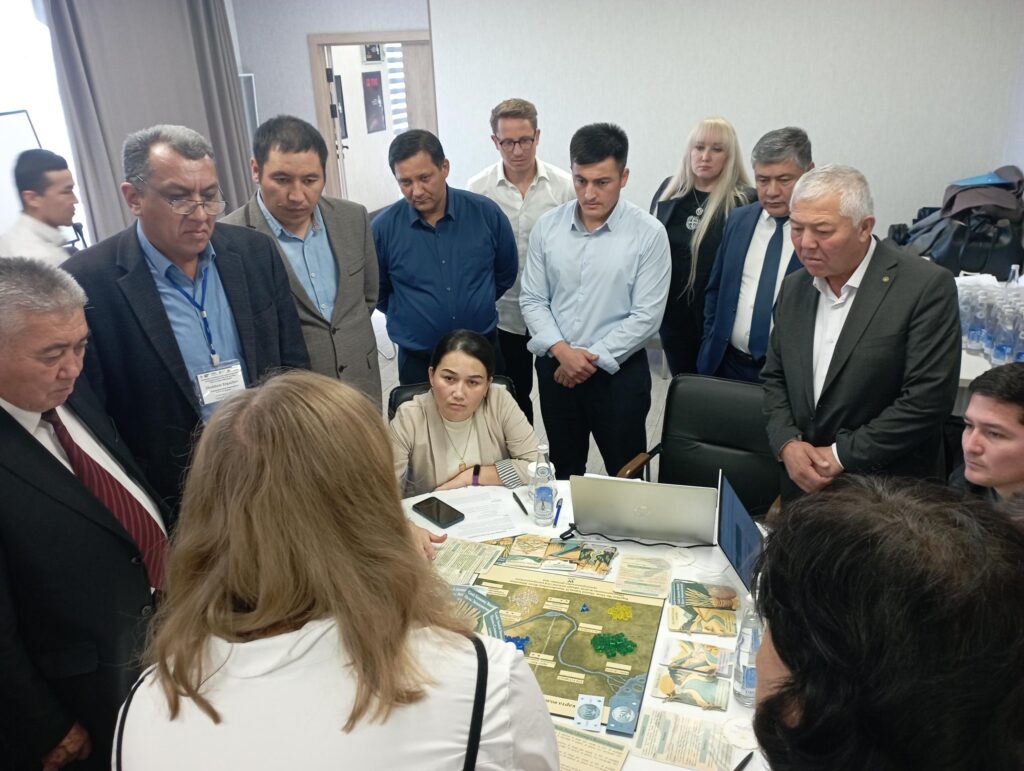
Today, WE-ACT is hosting the “Water Allocation Simulation and Tariffs in Central Asia” Workshop in Tashkent. This event will bring together stakeholders to deepen collaboration and address key challenges in transboundary water governance and irrigation efficiency. Continuing the momentum of previous workshops, the goal is to foster understanding and shared solutions between the participants.
Uzbekistan’s 2030 Gender Strategy for Water Management and Equality
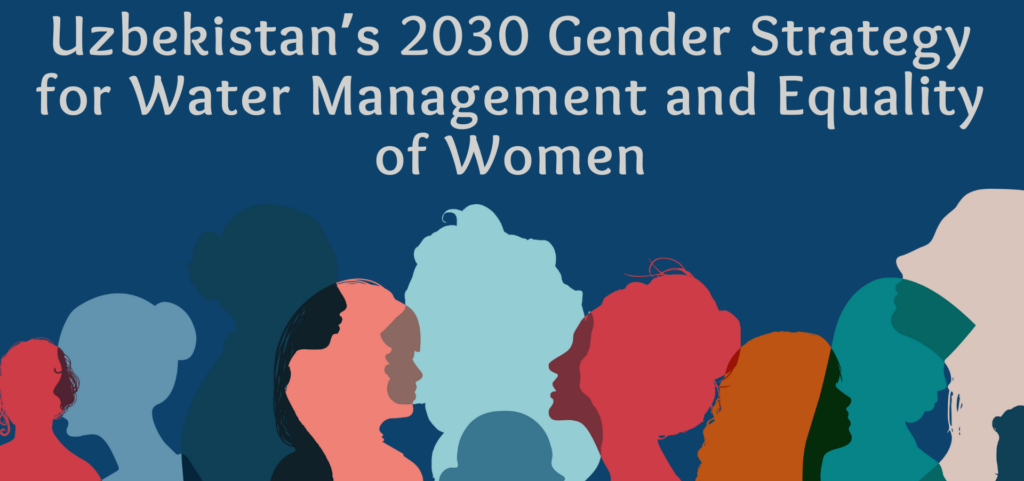
In aims of supporting women’s rights in water management, Uzbekistan’s Ministry of Water Management hosted a roundtable on developing Gender Strategy for Water Management by 2030. This initiative is part of the third phase of the “National Water Resources Management Project,” supported by the Swiss Agency for Development and Cooperation.
Event Recap: “What is WEF Nexus and How to Manage Its Complexity”
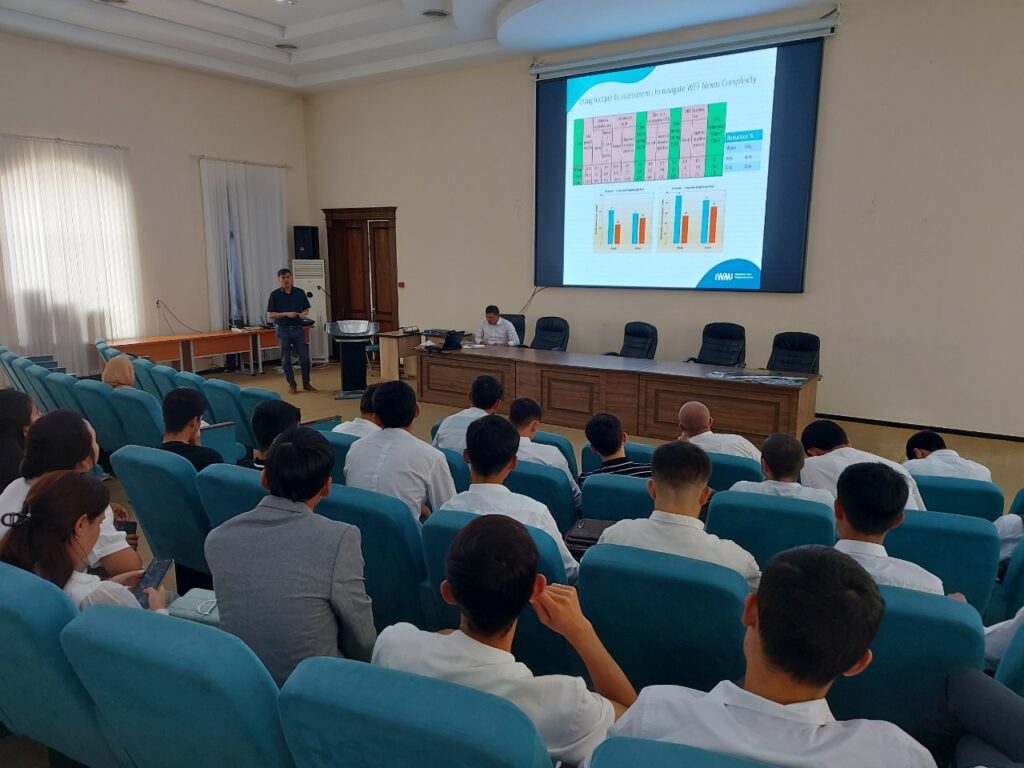
On the 16th of September, International Water Management Institute hosted an event at the TIIAME National Research University, drawing a diverse audience of 70 attendees, including young researchers from the faculties of agriculture, ecology, and water, as well as master’s and PhD students.
Transboundary Water Co-operation: ‘Pathway from the Fergana Valley Experience to the Waters of South Asia’Transboundary’
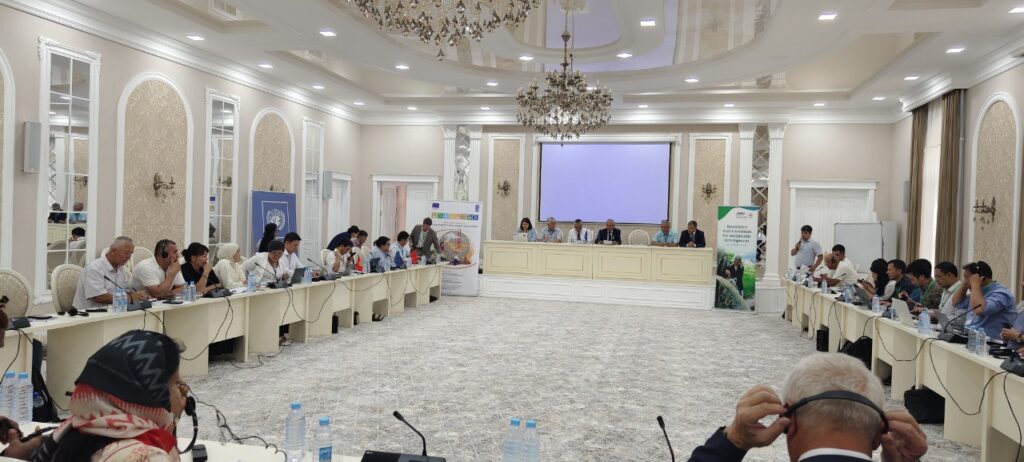
Explore insights from IWMI’s workshop on transboundary water cooperation in Central Asia, held on June 27, 2024, at Hotel Asia in Fergana, Uzbekistan. Topics include climate resilience, gender equity, and technological solutions for sustainable water management.
WE-ACT Team Discovering the Fergana Valley
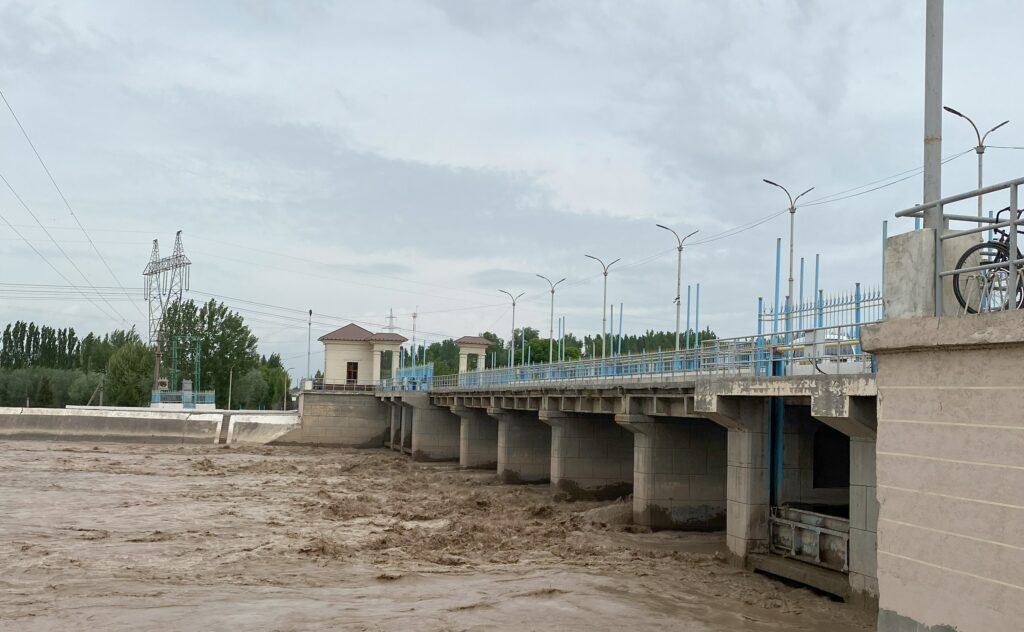
During the WE-ACT team’s field trip to Uzbekistan’s Fergana Valley, the team explored the area’s rich cultural heritage and natural beauty, gaining invaluable insights into the local water management systems. The region has two important hydrological monuments the Andijan Dam and Reservoir, which are vital for irrigation and water supply. The team observed both traditional and modern irrigation techniques employed by local farmers. This experience highlighted the region’s pressing challenges in water allocation and underscored the importance of sustainable water management practices, which are essential for balancing development with environmental preservation.
Summary Handbook on Water Allocation in a Transboundary Context Featuring the WE-ACT Project
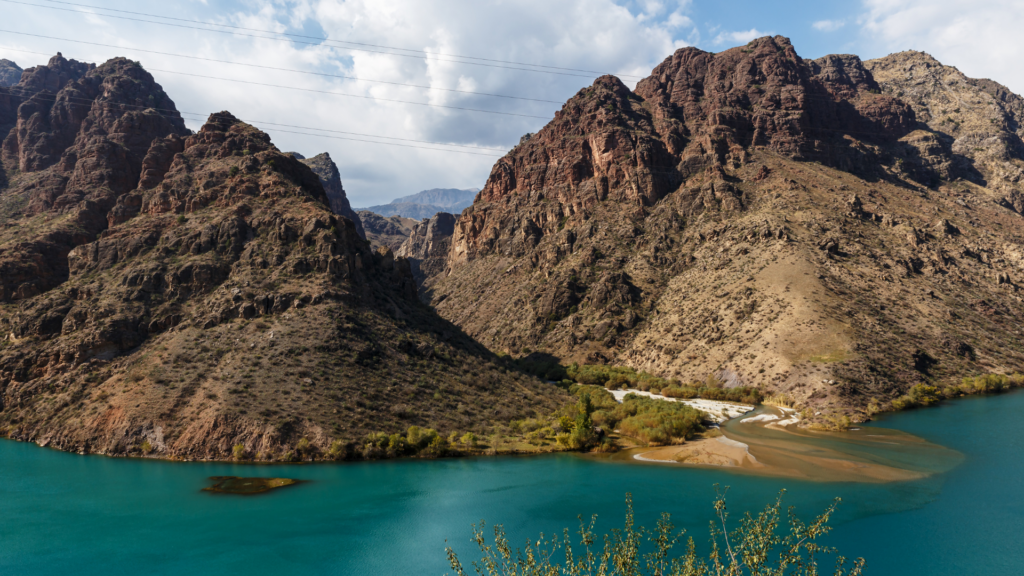
The Summary Handbook on Water Allocation in a Transboundary Context incorporates information from the Handbook on Water Allocation, and it includes the WE-ACT project as a significant component. The WE-ACT project is a notable inclusion, contributing to the broader context of transboundary water allocation practices outlined in the publication. The handbook serves as a practical resource for policymakers, offering key elements, frameworks, and case studies to guide decision-making in the complex landscape of transboundary water allocation.
UNIFR’s Summer Fieldwork: A Visual Journey Through Central Asia
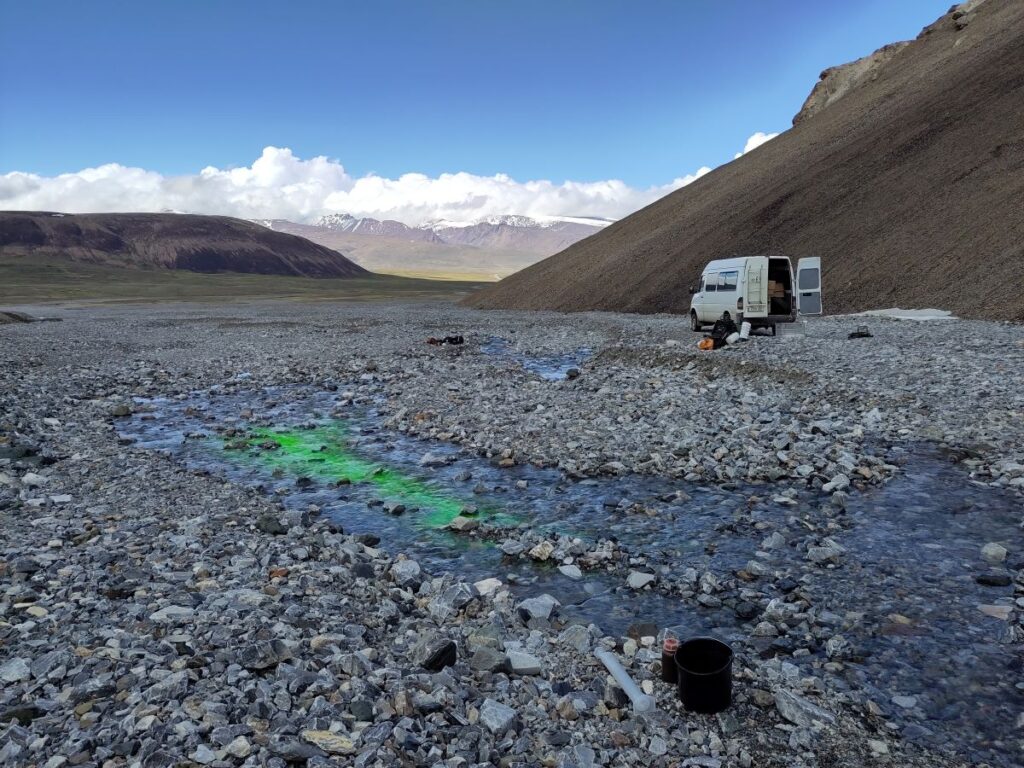
Explore UNIFR’s impactful fieldwork in Central Asia during the summer of 2023, where researchers, students, and partners collaborated on a multi-faceted project. From overcoming challenges in automated weather station data transmission to hands-on experiences in the high-mountain landscapes of Kyrgyzstan, the story unveils the journey of installing cutting-edge technology for sustainable development and climate change adaptation in the Naryn River catchment.
Stakeholder Consultation workshop on the topic of “Efficient allocation of water resources in the Syrdarya River Basin in the context of climate change

We-Act Project Hosted a Stakeholder Consultation Workshop on Efficient Water Resource Allocation in the Syrdarya River Basin
Identifying Key Stakeholders in Central Asia: IWMI’s Forward Strides in Naryn Region

IWMI Central Asia collaborated with key stakeholders in the energy, ecology, environment, and water sectors in Naryn City to drive forward one of the key tasks in the WE-ACT project.
